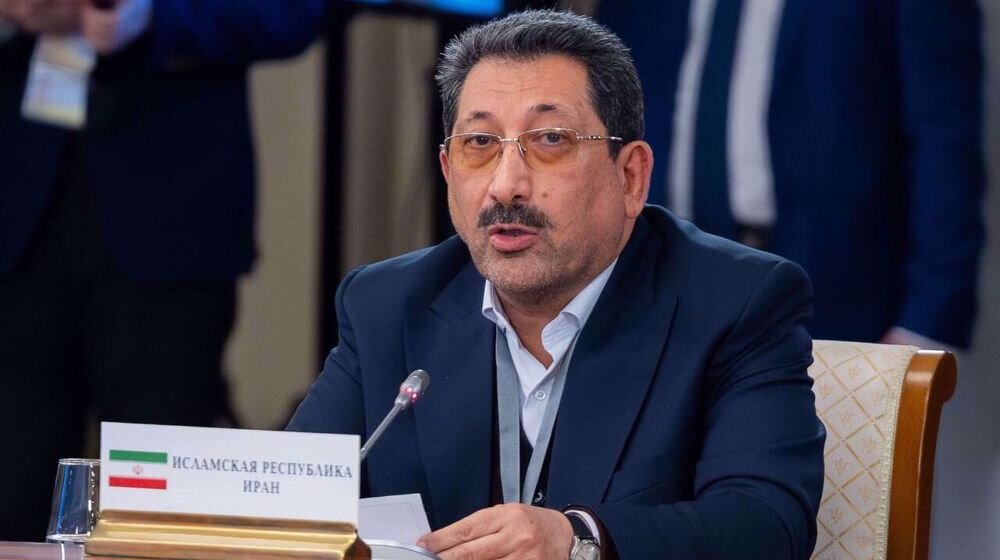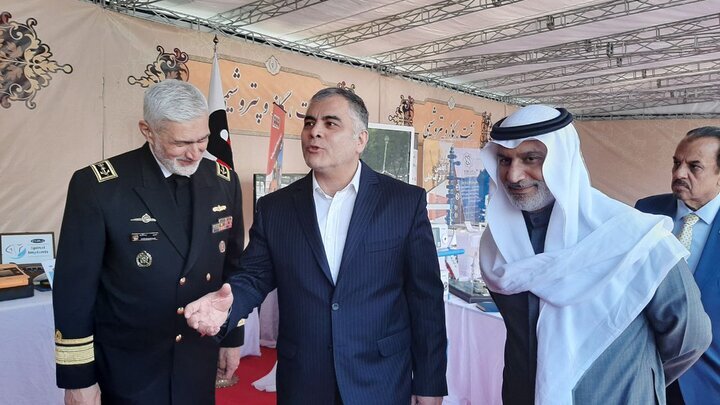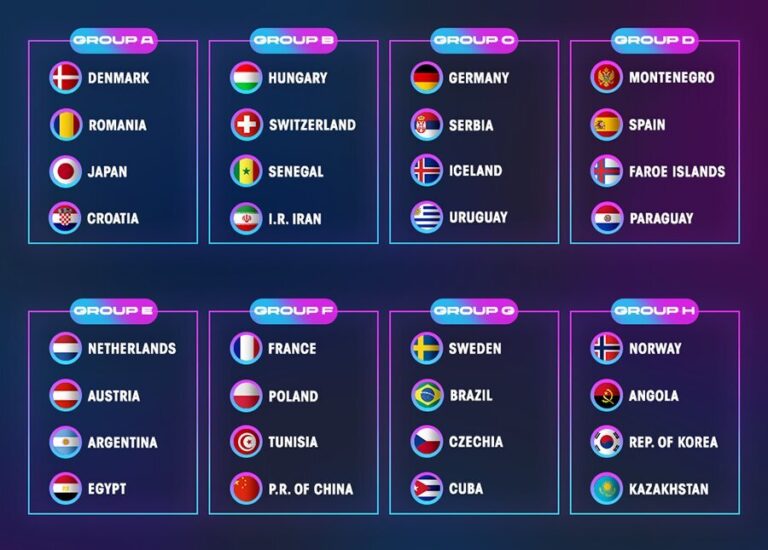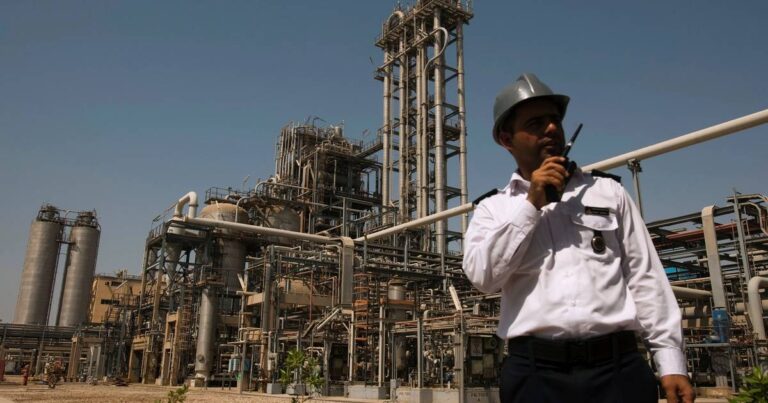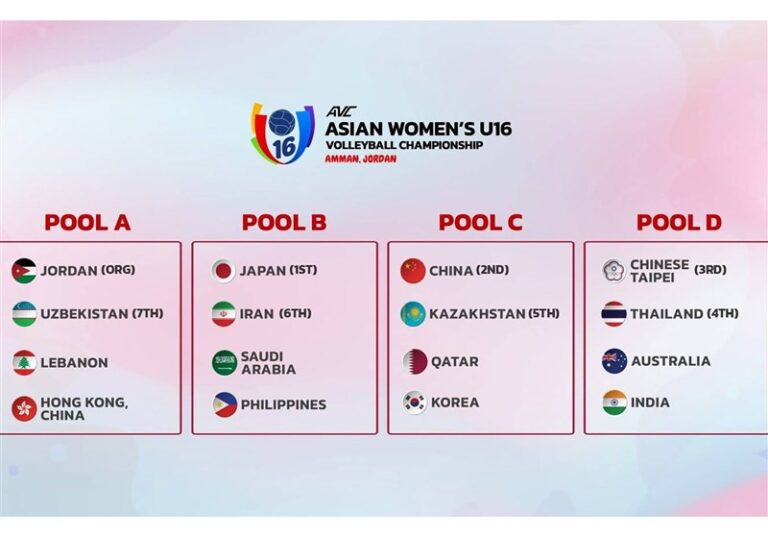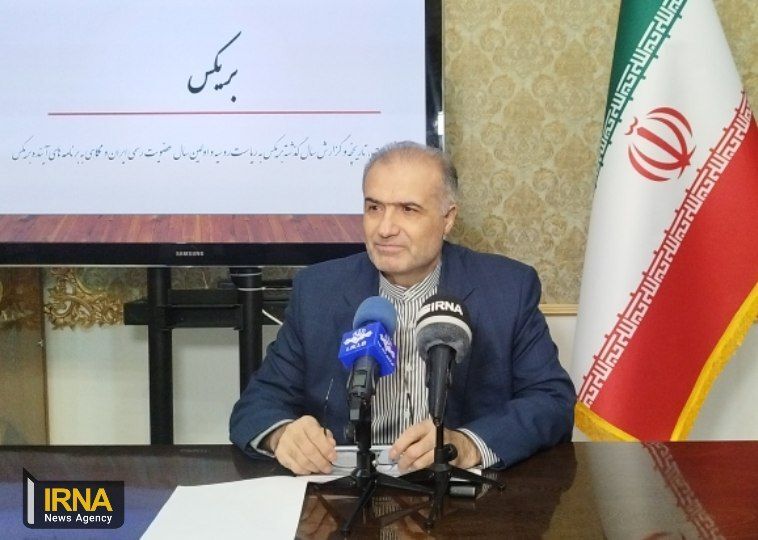Iran Set to Boost Infrastructure for Key Caspian-Persian Gulf Corridor
The recent discussions at the Third Caspian Sea Economic Forum in Tehran have highlighted the pressing need for collaboration among the Caspian Sea littoral states. Iranian Minister of Industry, Mine and Trade Mohammad Atabak underscored the importance of various agreements aimed at fostering economic cooperation, particularly in light of challenges such as climate change and food security.
At the forum, Minister Atabak made several key remarks regarding the strategic initiatives being pursued by member states. These include:
- Caspian Economic Agreement
- Trans-Caspian Corridor
- Participation in trans-regional organizations like BRICS and the Eurasian Economic Union (EAEU)
These agreements are crucial as they aim to enhance cooperation in vital areas such as:
- Development of transportation infrastructure
- Energy exchange
- Medical knowledge sharing
The minister emphasized that all five Caspian Sea littoral countries share a common concern regarding the alarming decline in the water level of the Caspian Sea. He stated, “In addition, it was emphasized to prevent industrial and urban wastewater from entering the Caspian Sea.” This statement reflects the collective commitment to preserving the ecological balance of this vital body of water.
Another focal point of the discussions was the utilization of the existing capacities within the oil and gas industry. By leveraging these resources, the member states aim to:
- Develop tourism based on the unique attractions of the Caspian region
- Enhance energy and refinery industries
- Improve the health and well-being of communities living along the Caspian Sea
Minister Atabak also highlighted the necessity of connecting electricity exchange networks among the Caspian littoral states. This initiative is particularly important in promoting green energy solutions and addressing environmental challenges such as:
- Climate change
- Caspian water pollution
To tackle these pressing issues, the use of advanced technology was emphasized as a pivotal strategy. As part of the forum’s outcomes, the establishment of scientific consortiums and joint technology parks among the Caspian Sea member states was approved. This cooperative approach is expected to spur innovation and enhance regional capabilities in addressing environmental and economic challenges.
As the discussions progressed, it became clear that the need for collaboration extends beyond immediate economic benefits. The focus on sustainable practices and the health of the Caspian Sea underscores a commitment to ensuring that future generations can also benefit from this vital resource. The emphasis on preventive measures against pollution, alongside the promotion of sustainable energy solutions, indicates a forward-thinking perspective among the Caspian states.
In conclusion, the Third Caspian Sea Economic Forum has not only highlighted the importance of economic agreements but also the urgent need for environmental stewardship. The collaborative efforts among the Caspian Sea littoral states serve as a model for addressing common challenges while fostering economic growth. As Minister Atabak aptly noted, “necessary cooperation will be achieved among member states,” reflecting a hopeful outlook for the future of the Caspian region.
